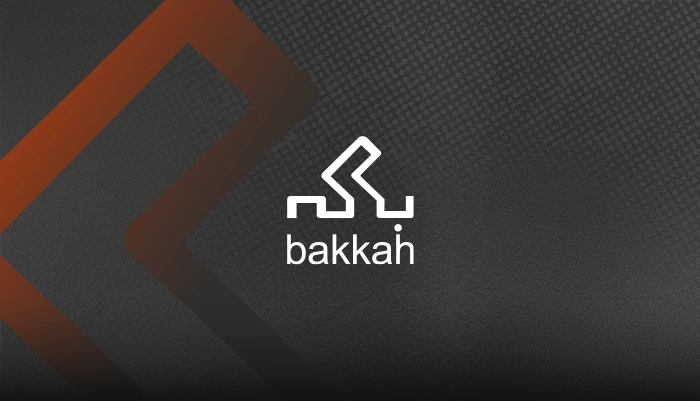Articles Hub - Learn All About Professional Certifications - Bakkah Learning
Recent Articles
Project Management
See More


IT Governance and Service Management
See More













